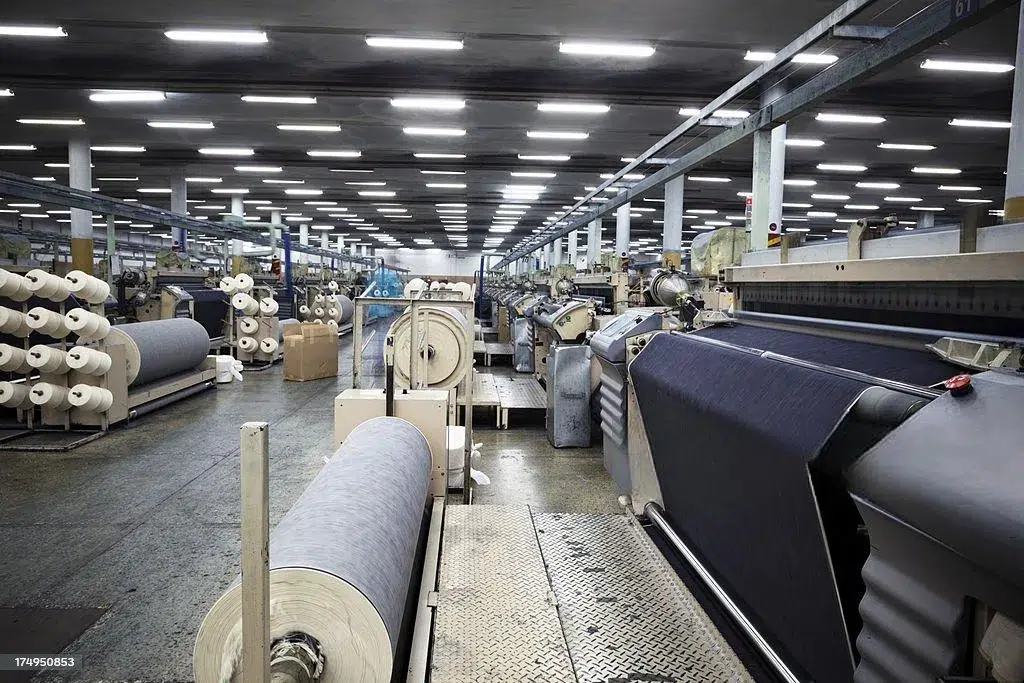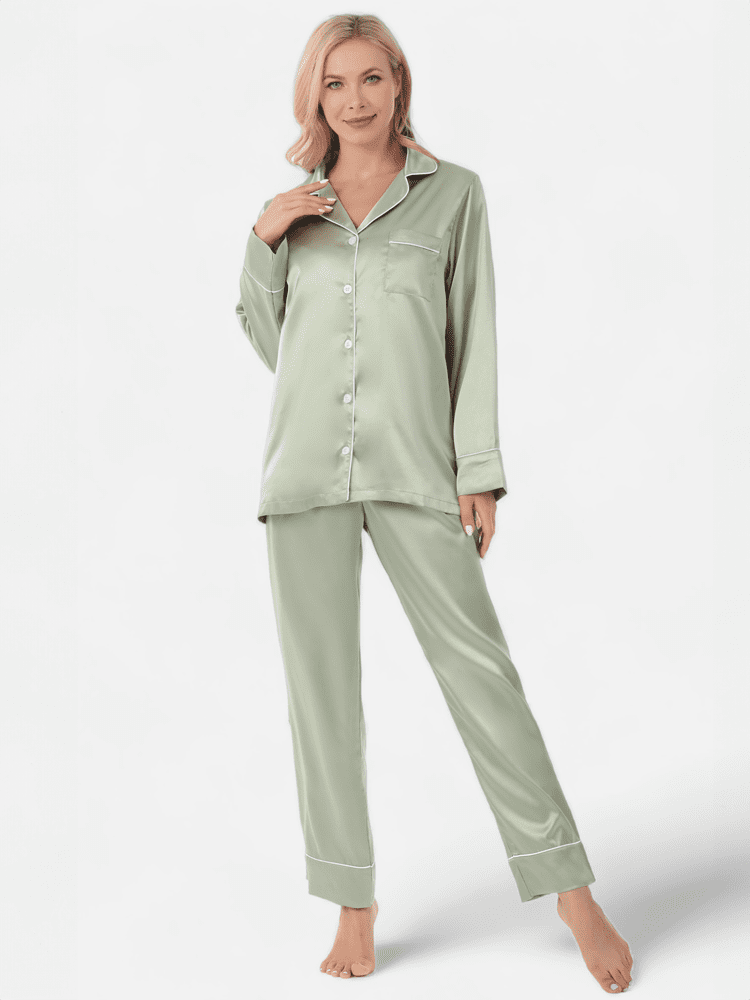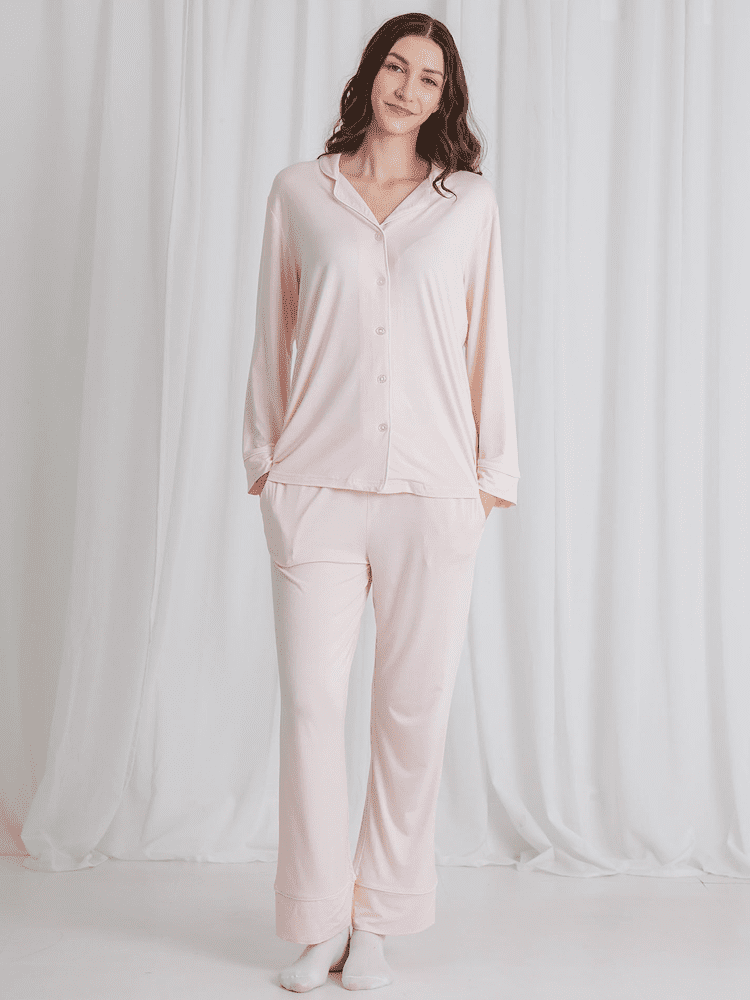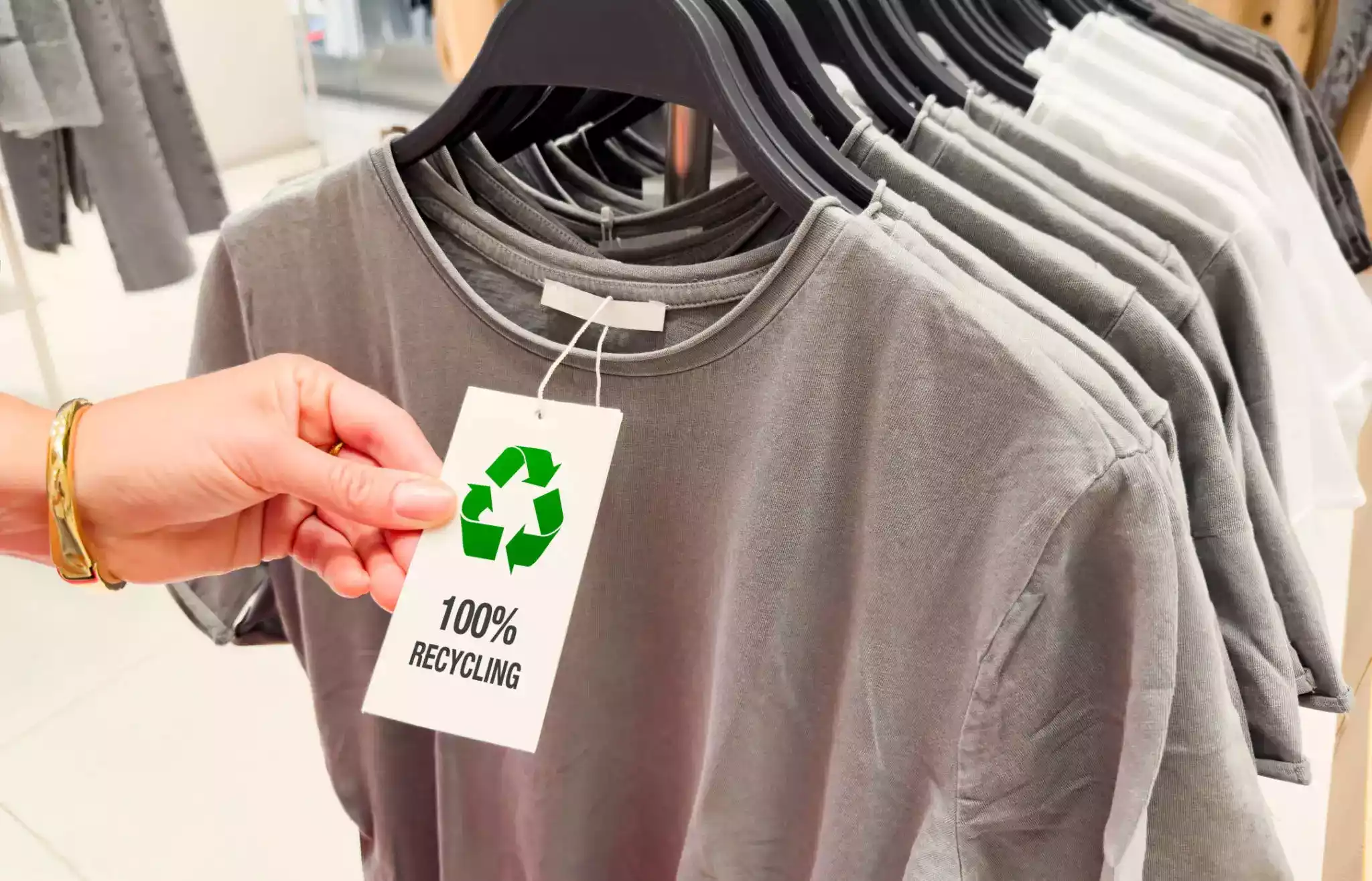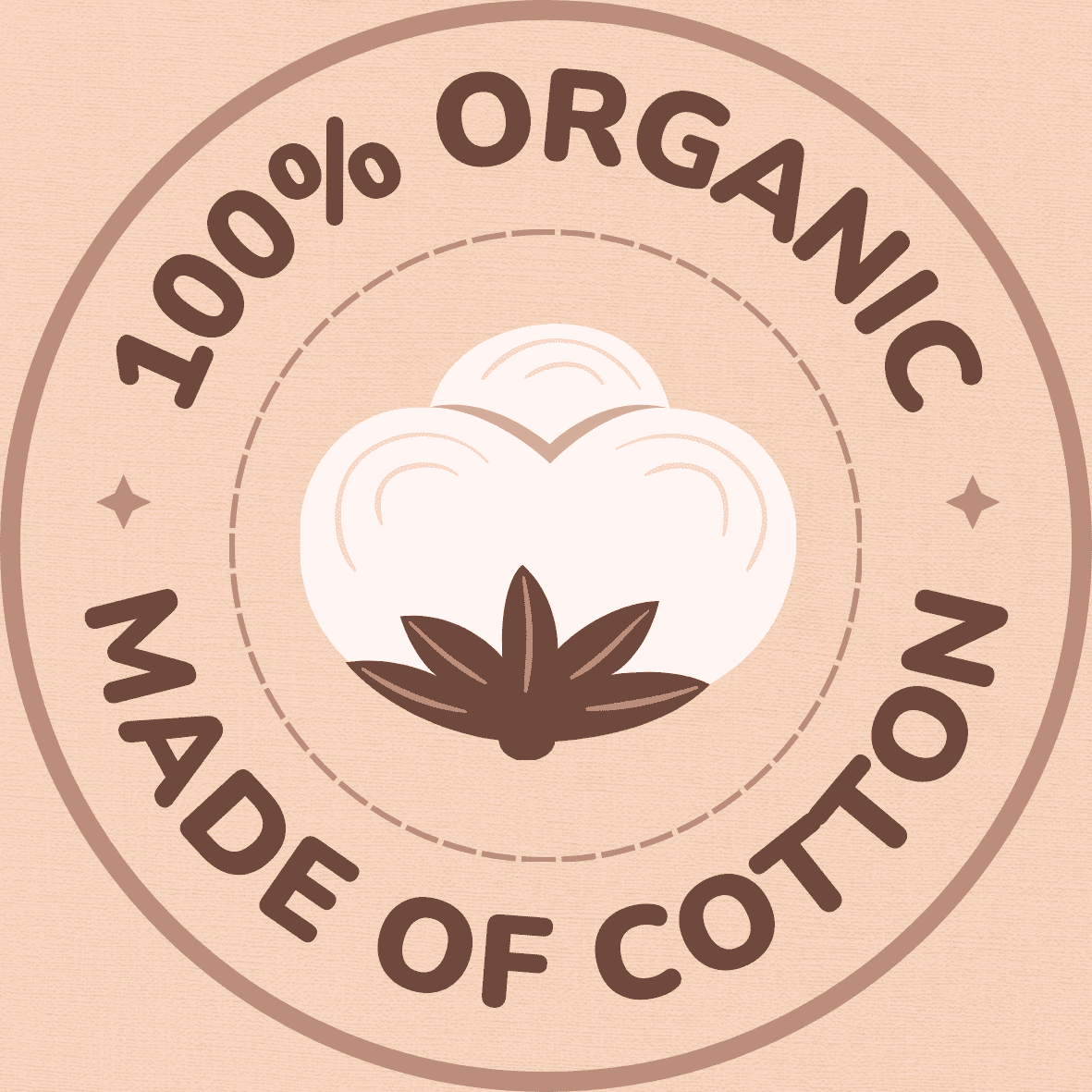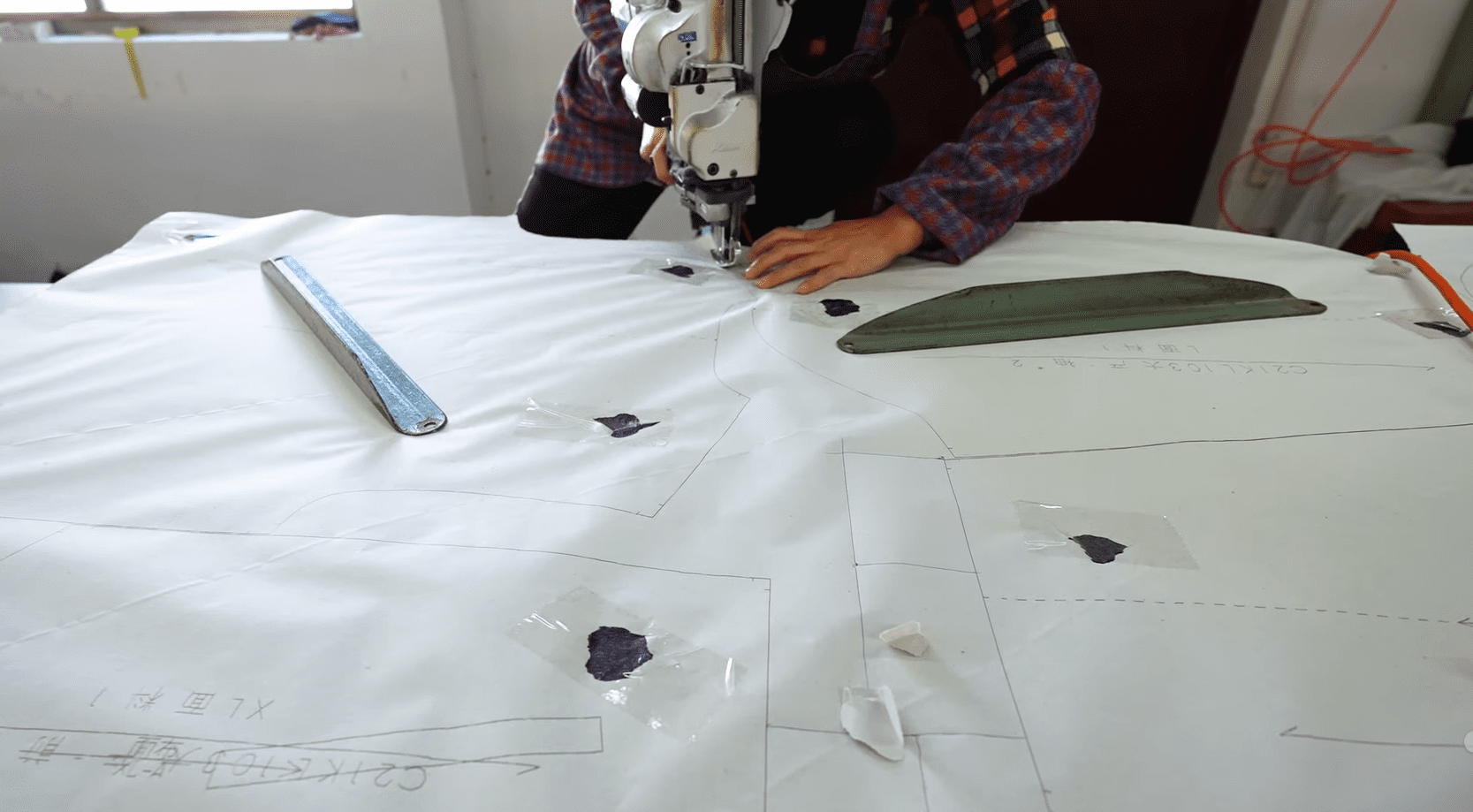Textile Manufacturer: Weaving the Foundation of Fashion with Quality Fabrics
The foundation of the fashion industry lies in the hands of textile manufacturers; after all, it is the fabric that gives form to a designer’s vision. Fabric, in essence, is a canvas that allows patterns, colors, and textures to take shape in compelling and meaningful ways. Skilled textile manufacturing practices form the backbone of fashion, underscoring each designer’s work with structural integrity and aesthetic appeal. Therefore, the significance of fabric within the fashion industry cannot be overstated.
Across the globe, from the renowned textile manufacturers in the USA to those near you or me, innovations within fabric production play a key role in dictating global fashion trends. Different textiles have different qualities – they drape differently, respond differently to color treatments and offer varying degrees of comfort. Textile manufacturers leverage technology and creativity in equal measure to craft fabric that not only meets pragmatic needs but also satiates the thirst for novelty and uniqueness in the fashion world. It’s the profound understanding and manipulation of fabric that assists in transforming an idea into a tangible piece of clothing.
The Art and Science of Weaving
In the sphere of textile manufacturing, the act of weaving traverses the intricate realms of both art and science, playing an indispensable role in fabric creation. The United States textile manufacturers, for instance, have demonstrated high proficiencies in this domain, adeptly blending traditional techniques with innovative technology. Particular mention goes to North Carolina textile manufacturers, who continue to uphold their reputation of excellent craftsmanship even in an age dominated by machine-oriented production.
An in-depth inspection allows us to comprehend the delicate balance between science and artistry in weaving. It’s not merely about interweaving threads but about understanding the inherent attributes of different fibers, recognizing how they respond to varying conditions, and developing designs that exploit their unique strengths to craft an aesthetically appealing yet functional piece of fabric. Consequently, textile fabric manufacturers and textile manufacturing companies are always on the lookout for exceptional weavers who can navigate this complex landscape, ensuring their products stand out within the competitive fabric and fashion industry.
Key Components in High-Quality Fabric Production
In the realm of textile manufacture, several elements must be meticulously accounted for to maintain premium quality in fabric production. The integrity of the process begins with sourcing high-grade raw materials, a critical step that demands the utmost attention from all textiles manufacturers. A textile fiber manufacturer is investigating various sources, from natural fibers such as silk, wool, and cotton to synthetic ones like polyester, to ensure long-lasting and quality fabric output.
Not surprisingly, sustainable textile manufacturers have become indispensable players in the textile industry today. Upholding the tenets of environmental responsibility and ethical labor practices, they are reshaping the industrial standards of what is textile manufacturing. As part of their rigor, they are adopting innovative technologies and embracing renewable energies in their production lines. This shift is not just responsive to increasingly stringent regulations but is a testament to the industry’s commitment to creating a sustainable future.
To ensure high-quality fabric production, the following key components must be considered:
• High-grade raw materials: The quality of the final product is largely determined by the quality of its raw materials. Therefore, sourcing top-notch natural and synthetic fibers is a critical step in producing long-lasting and superior fabrics.
• Sustainable practices: With increasing awareness about environmental issues, sustainable textile manufacturers are becoming essential players in the industry. They adhere to ethical labor practices and utilize renewable resources throughout their manufacturing processes.
• Innovative technology: Technological advancements have revolutionized every industry, including textiles. Manufacturers who adopt new technologies can improve efficiency, reduce waste, increase productivity, and ultimately produce higher-quality fabrics.
• Renewable energy sources: In line with sustainability principles, many textile companies now harness renewable energies such as solar or wind power for their operations. This not only reduces their carbon footprint but also contributes to a greener future.
• Compliance with regulations: Textile manufacturers need to comply with increasingly stringent regulations related to safety standards, environmental impact control measures among others. Failing this could result in legal complications that may disrupt production activities.
The pursuit of these components does not just reflect an adherence towards regulatory requirements; it also signifies an unwavering commitment from within the textile industry towards creating a more sustainable future while maintaining high-quality output in fabric production.
Technological Advances in Textile Manufacturing
In today’s fast-paced world, the question often posed is what is a textile manufacturer? Historically, textile manufacturers were limited to those producing woven, knitted, or printed fabrics. However, recent developments in technology have fundamentally transformed and broadened the spectrum of textile manufacturing. Modern textile manufacturers are now involved in the production of technical textiles using state-of-the-art machinery, specializing in various sectors such as eco-friendly and medical textiles.
Outsourcing textile manufacturing is a common practice in this industry, often aimed at reducing production costs and leveraging unique regional expertise. Technical textile machinery manufacturers play a pivotal role in this, as they are the ones providing the necessary equipment for precise, efficient, and complex fabric production. Furthermore, a shift towards sustainability is becoming more evident, with eco-friendly textile manufacturers promoting production methods that minimize the footprint on the environment. In the domain of healthcare, medical textile manufacturers leverage technology to create fabrics that have specific applications in medical and surgical environments, all while adhering to stringent health and safety standards.
Impact of Sustainable Practices in Fabric Production
Textile fabric manufacturers USA have notably experienced a shift in their production practices, driven by an increased demand from consumers for environmentally friendly products. This consciousness amongst consumers and designers has nudged a shift towards sustainable practices. A number of textile manufacturers in South Carolina, for instance, have championed the use of organic cotton, recycled polyester and natural dyes in their production processes. These practices not only promote a cleaner environment but also reduce manufacturing costs in the long run.
Moreover, the sustainability movement has spurred innovative technological advances among textile machinery manufacturers. These range from devices that limit water and energy expenditure during production to commercializing low waste machinery and equipment. U.S. textile manufacturers are actively investing in this burgeoning technology, realizing the lucrative potential and societal benefit in green products. This shift signifies a consequential transformation of the textile manufacturing process, inclining towards a future of sustainable fabric production.
Significance of Quality Control in Textile Industry
Surely, one cannot overstate the crucial role of quality control in the textile industry. The ferocious competition among USA textile manufacturers puts an added emphasis on the importance of quality control as these manufacturers strive to maintain their products at the peak of quality standards, sustainability and customer satisfaction. Companies that do not prioritize quality control face the risk of producing subpar goods which would consequently harm their reputation in the market. All in all, quality control ensures that both the practical and aesthetic value of the textile products align with consumers’ discerning preferences.
With the considerable influx of wholesale textile manufacturers in the market, a tighter quality control process is necessitated to guarantee that each fabric batch adheres to the predetermined specifications and industry standards. This is especially vital for American textile manufacturers, as American textile manufacturing requires high precision and quality. Custom textile manufacturing further compounds the need for stringent quality control, as this sector demands accurately made-to-measure products that meet clients’ specific requirements. Thus, achieving an ideal balance between cost, quantity, and quality while satisfying the client’s particular demands becomes possible through effective quality control.
Innovation and Trends Shaping the Future of Fabric Manufacturing
As textile manufacturers strive to meet increased consumer demand for high-quality, sustainable and versatile clothing materials, they continuously lean towards modern innovations and trends. One such noteworthy trend is the growing inclination towards the use of organic and eco-friendly materials. Australian textile manufacturers, leading pioneers in the sector, have begun to exploit the potential of materials like bamboo, a renewable resource that has exhibited an ideal balance of durability and comfort. Significant expansion in the use of such sustainable materials can be envisaged over the coming years.
Moreover, high-tech innovations within textile manufacturing are burgeoning, further driving the industry towards unprecedented progress. Among these, the best textile manufacturers in the world are incorporating digital technologies, such as 3D printing and smart textiles, into their operations. This not only elevates the quality and design capabilities but also significantly improves production speed and efficiency. Thus, it is evident that clothing textile manufacturers are bound to be key benefactors of these technological strides, progressively affecting the overall landscape of fabric manufacturing.
Challenges and Opportunities in the Textile Manufacturing Sector
The cotton textile manufacturing industry is currently addressing a series of challenges in order to ensure its longevity and prosperity. One such challenge comes from the historical volatility of raw material prices, which can complicate financial planning and forecasting processes within the industry. Additionally, these businesses must contend with constantly evolving regulations and consumer demand for ethical textile manufacturing, a concept that involves consideration of human rights, labor standards, and environmental conservation in production processes.
Paradoxically, these challenges provide several opportunities for growth and innovation within the sector. For instance, hemp textile manufacturers have emerged as a formidable solution to these issues. Hemp cultivation requires less water and pesticides compared to cotton, contributing to environmentally conscious production processes. In fact, the hemp textile manufacturers of the USA have blazed the trail in this respect, showing how the industry can adapt and thrive. Their success stories also hint at the potential global impact of embracing sustainable and ethical textile manufacturing. This signifies a shifting paradigm in the history of textile manufacturing, painting a promising future landscape where fashion, environmentalism, and ethical concerns intersect.
How Fabric Choices Influence Fashion Design
In the expansive world of fashion design, seasoned designers and stylists understand that textile selection is paramount to creating captivating designs. Holland textile manufacturers, paired with a plethora of home textile manufacturers globally, play a fundamental role in encouraging creativity within the fashion industry through their wide variety of fabric types, patterns and textures. These manufacturers often dictate the structure, drape, and overall aesthetic of any garment or accessory, making designers’ fabric choices indispensable in their creative process.
Navigating the complexities of the textile industry comes with a persistent question: how to find a textile manufacturer suited to a designer’s unique needs? The key lies in a global organization like the International Textile Manufacturers Federation, which provides a networking platform for tracking down the right manufacturer worldwide. Being a hub of professional textile producers, from Italian textile machinery manufacturers to artisan weavers, it opens up endless possibilities for variety, innovation, and quality in fabric choice. Therefore, the partnership between fashion designers and textile manufacturers significantly shapes the fashion industry globally.
Importance of Textiles in Shaping the Global Fashion Industry
Italian, Japanese, and Korean textile manufacturers have ingeniously positioned themselves as towering pillars within the global fashion industry. With their collective excellence in textile production, they have not only shaped fashion trends around the world but also influenced the quality of garments we wear. For instance, Italian textile manufacturers are globally acclaimed for their luxurious fabrics like silk and wool that champion the haute couture scene. Simultaneously, Japanese textile manufacturers have attained a position of prestige through their résistance and highly innovative fabric technologies, expanding the boundaries of fashion creativity.
Interestingly, significant contributions have also been made by Korean textile manufacturers. Known for their advanced synthetic fabric production, these manufacturers offer the global fashion industry deep innovation and quality. Not to be overlooked in the discussion are the largest textile manufacturers, China and India. Their massive production scale and diversity of textile offerings have shaped the fashion world, making them crucial to the global fashion infrastructure. This depth of diversity signifies the amalgamation of traditions, innovations, and practices that the fashion world depends upon. It is, therefore, undeniable that textiles play a monumental role in shaping the global fashion industry.
FAQs
What role does fabric play in the fashion industry?
Fabric is fundamental to the fashion industry as it is the main material for garment production. The type, texture, and quality of fabric used can significantly impact the design and overall look of a fashion piece.
Can you explain the process of weaving in the textile industry?
Weaving is a method in which two sets of yarns are intertwined to make fabric. This process involves the interlacing of horizontal and vertical threads on a loom. The patterns and designs in a woven fabric are determined by the arrangement of the yarns.
What are the key components in high-quality fabric production?
Key components include the quality of the raw materials used, the precision in the weaving process, the technology used in manufacturing, and rigorous quality control measures.
How has technology impacted textile manufacturing?
Technology has revolutionized textile manufacturing by introducing automation, enhancing precision, reducing waste, and increasing production speed. It has also contributed to innovations in fabric design and quality.
How does sustainability impact fabric production?
Sustainable practices in fabric production involve using environmentally friendly materials, minimizing waste, reducing energy consumption, and recycling. These practices are increasingly important as consumers become more conscious about environmental impacts.
Why is quality control important in the textile industry?
Quality control ensures the production of high-quality fabrics that meet specific standards and requirements. It also helps to prevent defects, ensuring customer satisfaction and maintaining the brand’s reputation.
What are some innovations and trends shaping the future of fabric manufacturing?
Innovations in fabric manufacturing include smart textiles, 3D knitting, digital printing, and the use of sustainable and recycled materials. Trends also include AI-driven designs and increased automation in production processes.
What are some challenges in the textile manufacturing sector?
Challenges include the need for sustainable practices, fluctuating raw material prices, maintaining quality control, adapting to technological changes, and meeting fast fashion demands.
How do fabric choices influence fashion design?
Fabric choices directly influence the drape, fit, texture, and appearance of a garment. The type of fabric used can define the style, comfort, and functionality of a fashion piece.
Why are textiles important in shaping the global fashion industry?
Textiles are important as they provide the primary material for clothing production. The quality, design, and type of textiles used have a direct impact on fashion trends, consumer preferences, and the sustainability of the industry.


